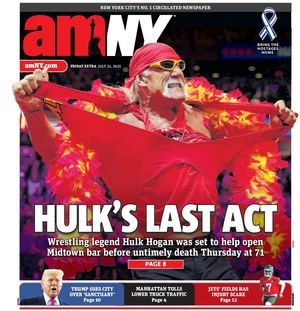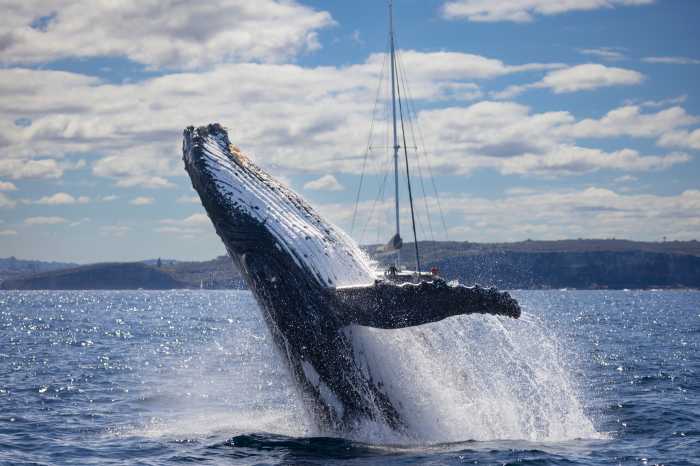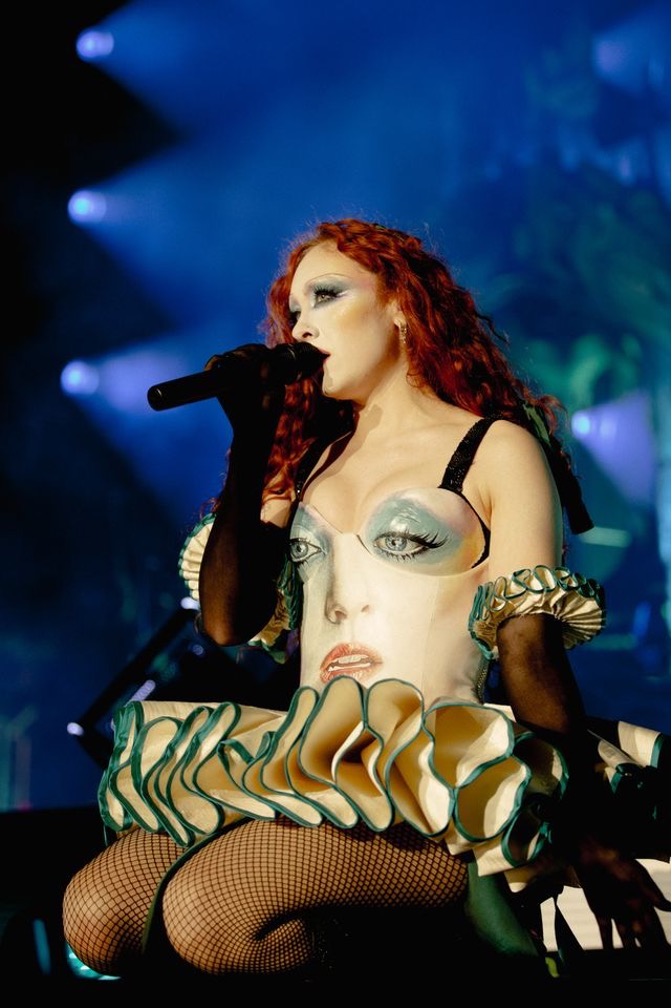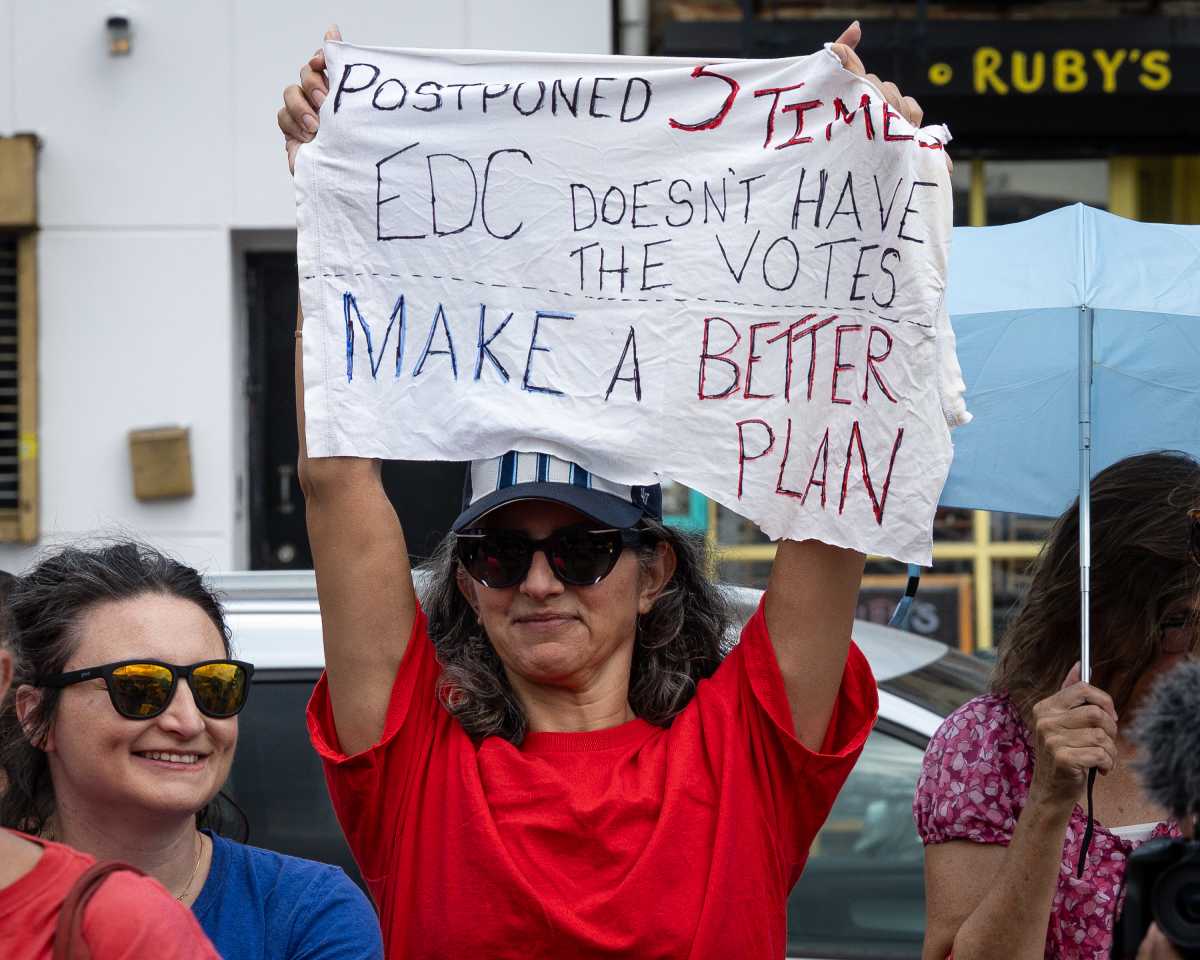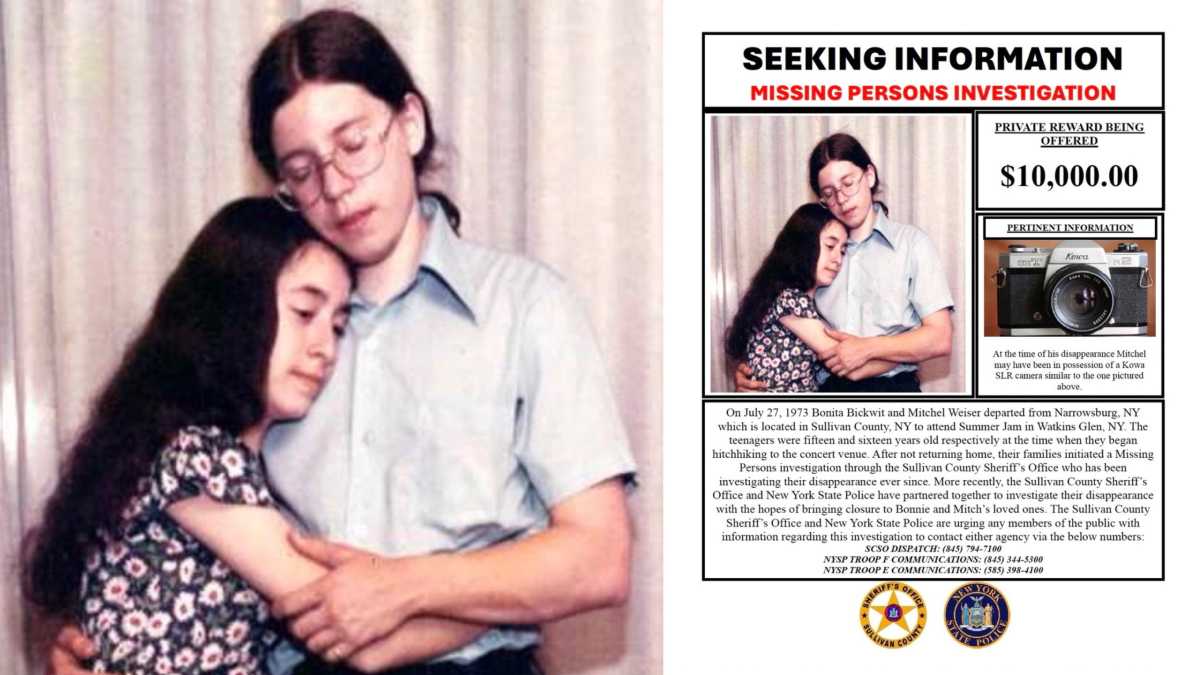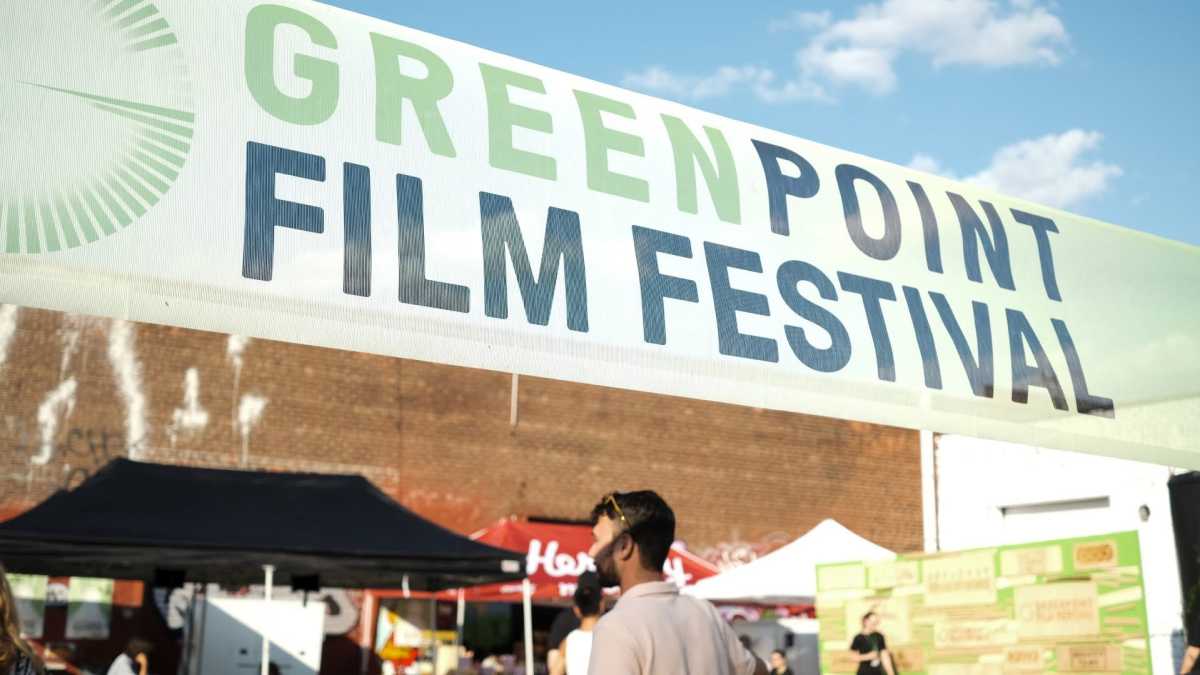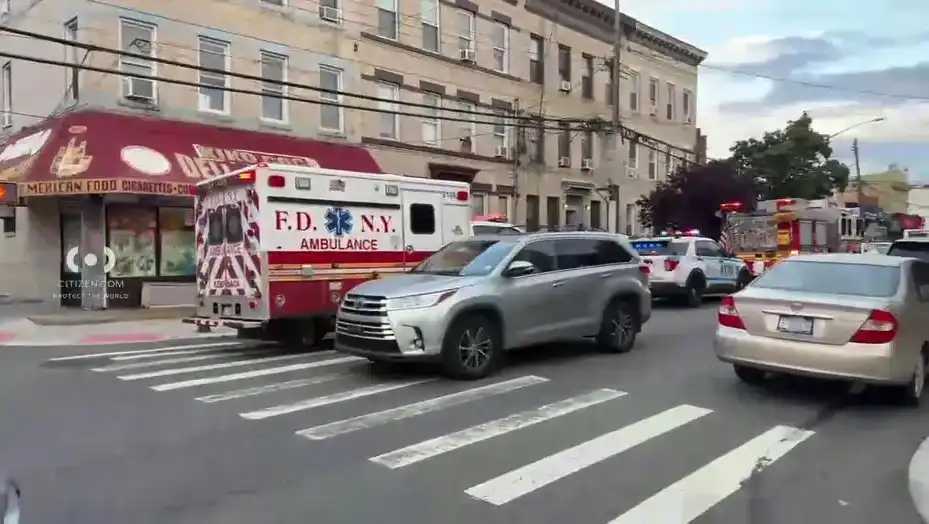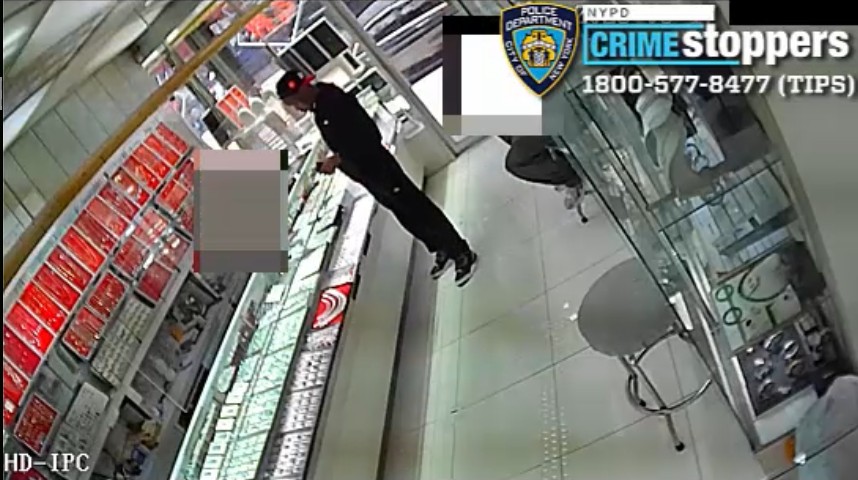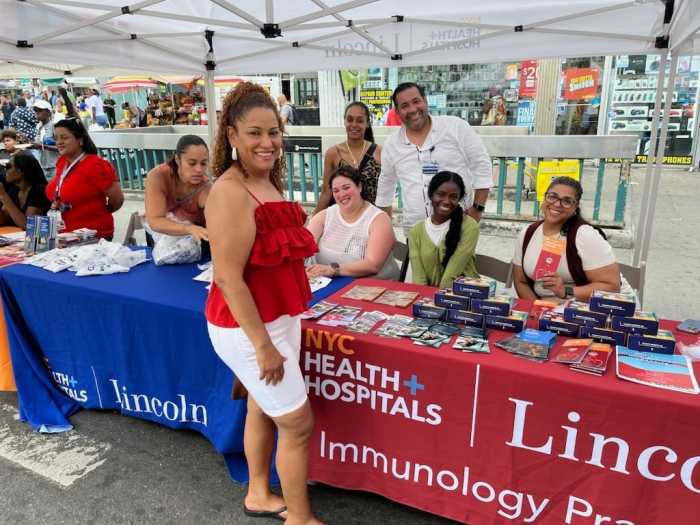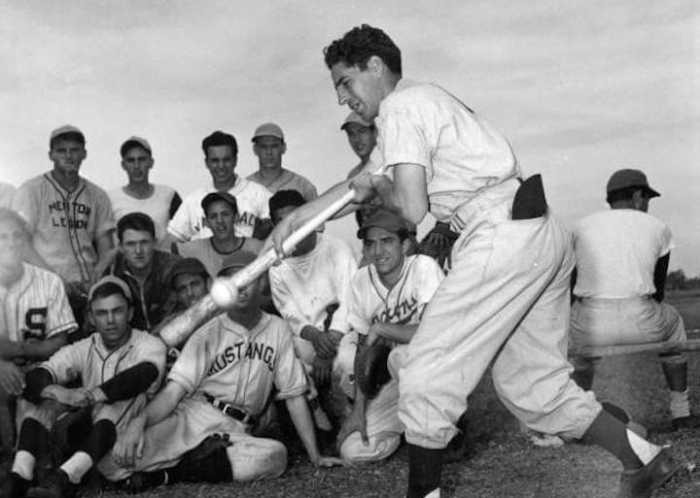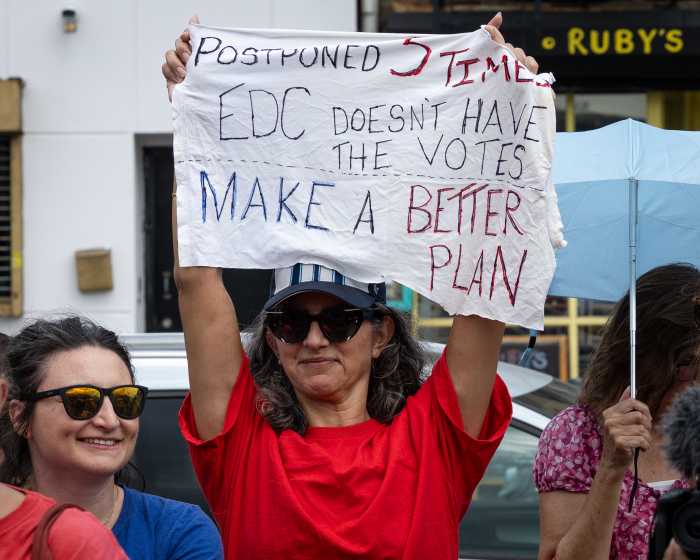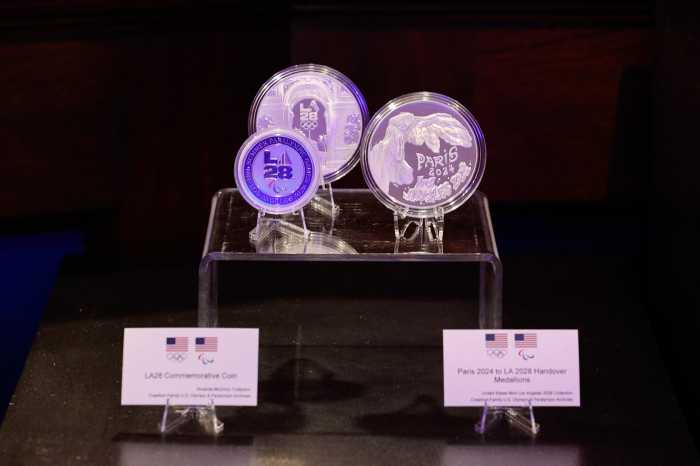“My Name is Emily,” the film about a motherless Irish girl in foster care determined to reunite with her biological father, was written and directed by Simon Fitzmaurice, 42, an Irish poet, writer and filmmaker. Fitzmaurice was diagnosed with motor neuron disease (known in the U.S. as amyotrophic lateral sclerosis or Lou Gehrig’s Disease) in 2008 on the same day his wife, Ruth, found out they were pregnant with their third child. Now a father of five children ages 4 to 11, and completely paralyzed with the exception of his eyes, Fitzmaurice wrote the script for, and directed, his first feature film using a Tobii eye gaze computer that monitors and translates the movement of his eyes into words and audio with the assistance of predictive text function.
“My Name is Emily,” which won the prize for best cinematography at the Galway Film Fleadh, the youth film award at the Schlingel International Film Festival and is nominated for eight Irish Film and Television Academy Awards, including best film, best film script, and best actress, opens Feb. 17 at Cinema Village, 22 East 12th St. The following interview, which is lightly edited, was conducted via email, with Fitzmaurice answering through his eye-gaze computer, often with the help of his family.
“Emily” really grasps the psychological necessity of children to idealize and romanticize flawed parents. What, if any, epiphany did you have in your own life that parents aren’t perfect?
I come from a family of arguers, in a good sense. We have always debated and thrashed out our thoughts, and my parents never tried to present a perfect image. It always intrigued me to hear my father tell stories about his own parents and other people without idealizing them, yet without losing the sense of warmth or depth of a person. Thoughts bound up with emotions have been my obsession since I picked up a pen.
Does Emily’s narrative resonate with you as a parent who may not be able to “be there” for your own children as much as you would like to?
Ruth and I are a great team. We embrace the philosophy that the more your kids take you completely for granted, the better you’re doing as a parent. . . . All children should have issues with their parents: It’s that natural push that shapes us into healthy adults. I am there for my children as much as any parent, physically in a different way to most, but I’m there. That’s what matters. And that’s Emily’s story: The relationship with her father begins to flourish despite his shortcomings, once he starts to be there for her.
What was your greatest challenge in directing the cast and crew?
With all my tools gone — body language, touch, varying tones of voice, a few stories, a relaxing joke — and nothing left but my thoughts appearing slowly on a screen, I felt the greatest challenge would be to see if this changed body would still allow me to direct actors. I could write the script, storyboard, choose frames with my DP, art direction with my production designer, costume, cast, locations, music, I could go through the film frame by frame in the edit. I could make all the hundreds of decisions that comprise this job. But it would all be for nothing if I could not create an intimate working relationship with the actors: That is where my anxiety lay.
But the greatest hurdle was that my computer doesn’t work in direct sunlight. I had to have a dark tent constructed around me for outdoor shoots so I could talk. And as a lot of the film is based outdoors, we battled with the elements big time. My assistant director Liz Gill was amazing . . There is a short delay while I type but we became so closely in tune that she could determine my direction very quickly. We also had a code of shortened words for basic commands. I developed a close bond with Evanna Lynch (the actress who plays Emily) via email before the shoot, so she understood what I wanted from the character really well. I think all the actors took it as a challenge and focused to get it right. So all these things made it easier.
Many people with disabilities in the U.S. struggle to obtain the adaptive technologies they need to live fully. Care to comment as to why adaptive technology and health care aides are a worthwhile investment for governments?
It shouldn’t have to be argued as a “worthwhile investment:” It is a basic human right. I was brought up to believe very strongly in my rights as a person living in a society. My paternal grandfather was a solicitor (lawyer) and, though he died when I was very young, his personality and philosophy were very alive in our home: Your rights surround you as a protective force. If someone violates your rights, you defend them. It is part of the reason I’m still alive. People with MND need as many advocates as possible. People to speak about their concerns on their behalf, to ensure they have a voice and that they have the same choices as everyone else.
Did you have something to prove in writing and directing “Emily,” and if so, what was it?
Once you find out what moves and shakes you, you don’t want to do anything else. Out of love. For film. For the process. For the work. When you love films as I do, you simply want to contribute. I wrote the script of “My Name is Emily” to direct it. MND had nothing to do with it. I am not trying to prove anything. I just keep on going, working anyway I can, after MND. I’m very determined. It’s just the way I am. Actually, I am trying to prove something: I remember thinking, “I must do this to show my children to never give up.” A cliche but true. So MND made me even more determined to direct this film.
What has your disease taught you about beating the odds and predictions?
MND is defined by loss. By what it takes away. But this was me taking something back. I returned to work. And that was a great feeling. To be back on set. Because it’s the work that I love. I just want to keep working, writing, making stories that move people. See my beautiful kids grow up. MND simply reminded me that a man can’t ask for more than that.
What do you hope the film accomplishes?
I started writing the script for “Emily “before MND came along, so it’s been with me a long time. By the time it was finished, I was writing with my eyes. So much of me sings through the philosophies weaved through this film, I’m just glad people relate to it. Irish audiences loved it. If it lights a spark in American hearts, I’ll be a happy man.
